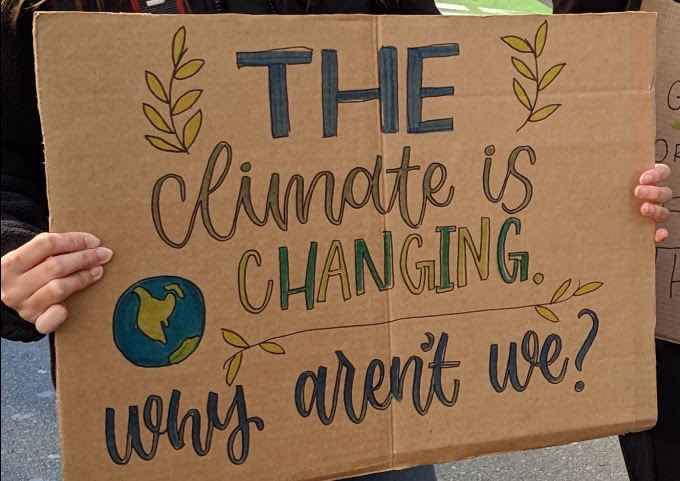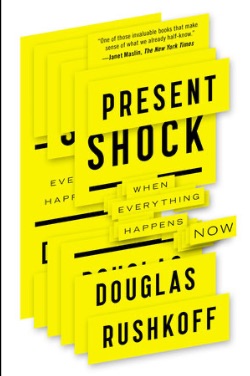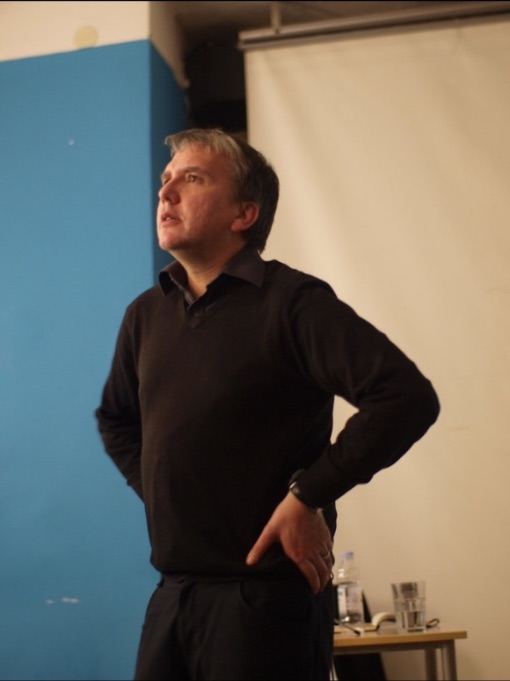August 22, 2025
Culture
“System Change, Not Climate Change!”

At the San Francisco Youth Climate Strike, on 15 March 2019. Photo by Intothewoods7 via CC
Gus Speth has been at the center of the environmental movement for decades. He co-founded the Natural Resources Defense Council (NRDC), chaired the U.S. Council on Environmental Quality under President Carter, founded the World Resources Institute, and later served as Administrator of the United Nations Development Programme. He also spent ten years as dean of the Yale School of Forestry and Environmental Studies.
In this article, Speth argues that the climate crisis is rooted not just in bad policy but in the very structure of American democracy and its political economy. Long before the Trump years, the system was tilted toward fossil fuels, endless economic growth, and corporate profit—often at the expense of real climate action.
Speth calls for building a “climate-capable democracy.” That means curbing corporate and money power in politics, securing rights for future generations and nature, and ensuring democratic processes serve the public good. In such a democracy, growth would be redefined away from fossil fuels and GDP toward genuine human well-being, while combating misinformation and harmful cultural norms.
He outlines two paths forward. One is immediate: strengthen voting rights, protect election integrity, and restore the core functions of democracy. The other is deeper: tackle economic inequality, corporate influence, disinformation, and structural flaws like the Electoral College and gerrymandering.
For those asking, “What can I do?” or “Where should I put my energy and money?”—Speth offers clear and practical answers.
ARTICLE: Towards a Climate-Capable Democracy




